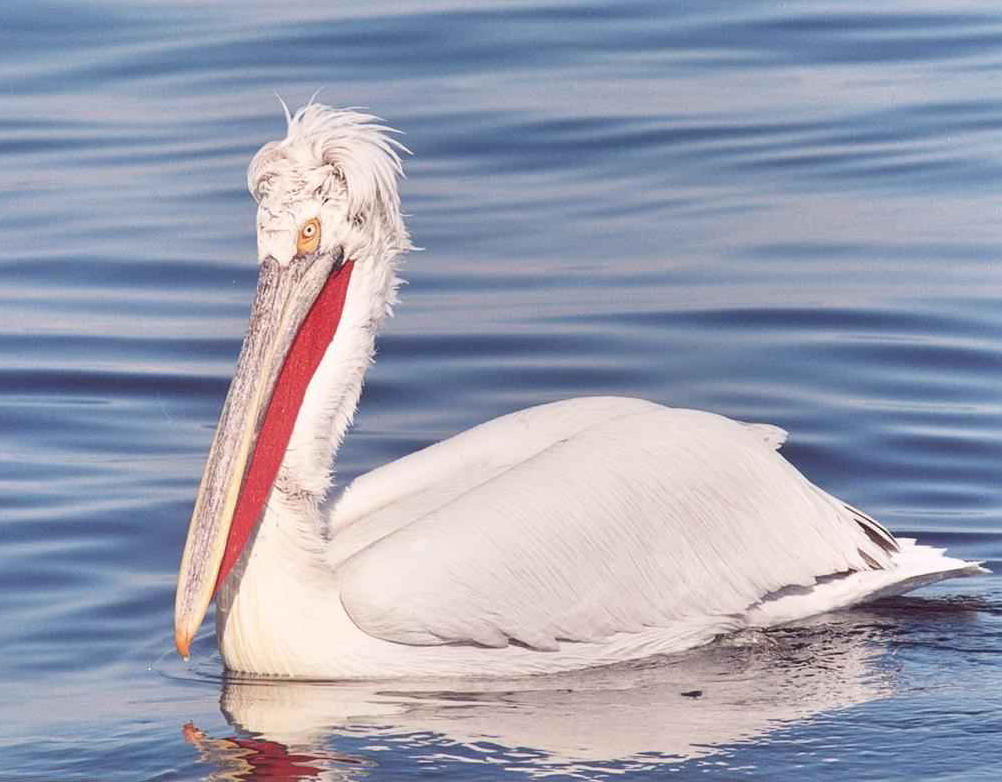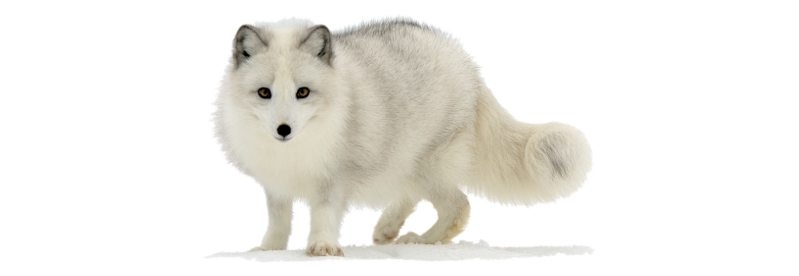
Dalmatian pelican(Pelecanus crispus)
Phylum —chordata
Class — aves
Order — pelecaniformes
Family — pelecanidae
Genus –pelecanus
Appearance
This huge bird is by a slight margin the largest of the pelican species and one of the largest living flying bird species. It measures 160 to 183 cm (5 ft 3 in to 6 ft 0 in) in length, 7.25–15 kg (16.0–33.1 lb) in weight and 245 to 351 cm (8 ft 0 in to 11 ft 6 in) in wingspan.
As with other pelicans, the males are larger than the females. Their curly nape feathers, grey legs and silvery-white plumage are distinguishing features, and the wings appear solid grey in flight. The adults acquire a drabber plumage in winter, however, when they may be mistaken for great white pelicans.
Habitat
There are two main populations of Dalmatian pelican. One breeds in Eastern Europe, wintering in the eastern Mediterranean region, and the other breeds in central Asia and Russia, wintering in the Indian subcontinent, Iran and Iraq.
Behavior
These pelicans are social birds, and live and travel mainly in flocks.
On land they are not graceful, but they fly well and swim strongly. When flying, they rest their heads on their shoulders with their bills resting on their folded necks, and usually they need to flap their wings only once or twice each second.
They are diurnal birds, sleeping at night with heads twisted back, tucked into their feathers.
All species of pelican are careful groomers, and a large part of an individual’s time is spent resting or preening. An individual will clean itself through splash bathing, preening, and rubbing its head over its body to help distribute waterproofing oil through its feathers.
Diet
Dalmatian pelicans are carnivorous, eating mainly fish, and also amphibians, small reptiles, and aquatic crustaceans.
Reproduction
Dalmatian pelicans are serially monogamous and form pair bonds by year, not for life. At the start of a new breeding season the courtship rituals begin again. Pairing occurs about a week after pelicans return to the breeding grounds. Dalmatian pelicans will use a range of different social signals during courtship, both visual and vocal. Once formed, the pair will begin to create their nest in an area with abundant fish and vegetation. The nests will be defended by means of hissing, sighing, and beak-jabbing movements when another bird comes too close. Breeding starts in the west of the range in March and April, but it varies geographically. Two to four eggs are laid and are incubated by both parents for 31 days. Nestlings are helpless when born and for their first few weeks their parents feed them. Fledging takes place between 60 to 90 days, young being able to hunt independently at about 12 weeks. Chicks reach reproductive maturity when they are 30 months old or during the third year.
Lifespan – 15 to 25 years in the wild; up to 54 years in managed care.
Incaptivity
The diet of pelicans should consist mainly of fish. Birds like to eat both small fish, and quite large one-weighing up to 3 kg. The prey is swallowed whole. The fish is digested completely with scales and bones. A bird weighing 5-7 kg can eat up to 9 kg of fish per day. In addition to fish, the diet of the Dalmatian pelican can also include numerous aquatic organisms, such as crustaceans, tadpoles and adult amphibians, as well as small turtles.
They are social birds, should be kept in spacious aviaries with a large reservoir. Nesting can begin at any time of the year.
 Russian
Russian
 English
English


















